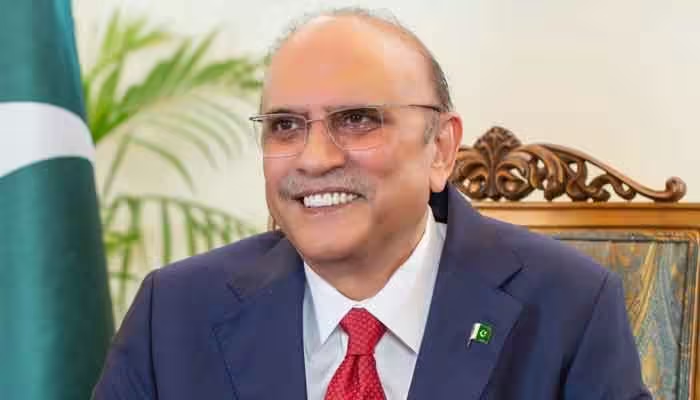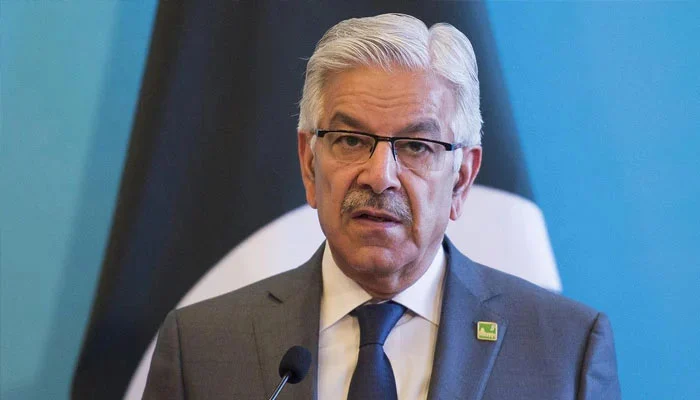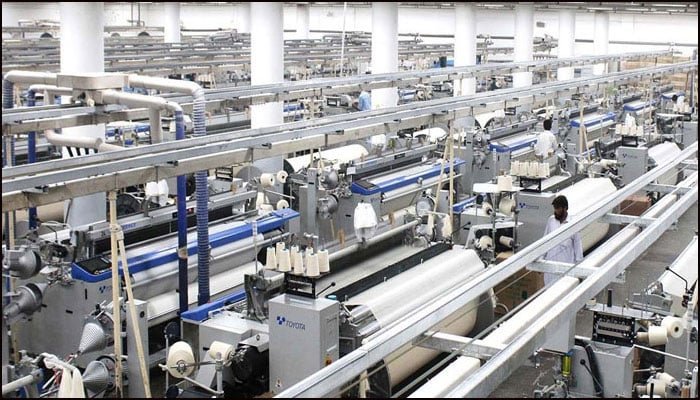President Asif Ali Zardari emphasized the significant role newspapers play in addressing the spread of false information and fake news in the fast-paced digital world. In his message on National Newspaper Readership Day, he highlighted the importance of newspapers in political awareness, moral guidance, and promoting democratic values. Zardari’s message came at a crucial time when the media, particularly newspapers, faces challenges in maintaining factual reporting amid the surge of digital content, where misinformation often spreads rapidly.
Celebrating National Newspaper Readership Day
National Newspaper Readership Day is an important occasion that acknowledges the value of newspapers in society. President Zardari used this opportunity to congratulate the All Pakistan Newspapers Society (APNS) for their continued efforts in promoting responsible journalism and enhancing political awareness. He remarked that newspapers have been and continue to be vital tools for informing the public about significant national and international issues.
In an era where digital news and social media dominate the information landscape, traditional newspapers still hold an essential place in providing well-researched, accurate, and in-depth news. Zardari commended the newspaper industry for its resilience and ongoing role in keeping the public well-informed, which is vital for a healthy democracy.
Newspapers as Defenders Against Misinformation
One of the key themes of President Zardari’s message was the role of newspapers in combating the spread of false information. He stressed that the speed at which digital content is produced and consumed can lead to an overwhelming amount of fake news and unverified information, making newspapers an essential source of reliable and factual reporting.
Zardari underscored that newspapers, as traditional media outlets, have historically been held to high standards of accuracy and accountability. In his message, he pointed out that a responsible press maintains those standards, ensuring that news is reported truthfully and with integrity. This is especially important in an age where social media platforms often prioritize speed over accuracy, leading to the rapid dissemination of unverified or misleading information.
By contrast, newspapers have rigorous editorial processes that ensure the reliability of their news. This makes them a critical bulwark against the tide of misinformation that is so prevalent online today. Zardari’s call for newspapers to remain vigilant in maintaining their standards of factual reporting is a reminder of their enduring importance in the digital age.
Promoting Moral and Democratic Values
Beyond factual reporting, President Zardari emphasized the role newspapers play in promoting moral and democratic values. He noted that newspapers have the responsibility to foster societal virtues like tolerance, interfaith harmony, patriotism, and constructive debate. As newspapers provide a platform for diverse viewpoints, they can play a vital role in building a more inclusive society.
Zardari suggested that newspapers should not only focus on reporting the news but also on promoting dialogue that encourages social cohesion and national unity. The constructive role that newspapers can play in guiding and educating the public on key issues—whether political, social, or cultural—is invaluable. Newspapers serve as a forum for public discourse, allowing marginalized voices to be heard and fostering a spirit of inclusivity in a democratic society.
A Platform for Marginalized Voices
A key point in President Zardari’s message was the role newspapers play in providing a platform for marginalized and underrepresented voices. He stressed that a responsible press not only serves the mainstream but also ensures that the concerns of minority groups are heard. In a society that strives for inclusivity, the press is crucial in raising awareness about issues affecting marginalized communities, giving them a voice that might otherwise go unheard in the mainstream digital media.
Newspapers are often regarded as more accessible to diverse communities, providing a broader and more inclusive platform than social media, which can sometimes amplify only certain perspectives. Zardari’s reminder of the role of newspapers in promoting social justice aligns with the broader democratic principles that underlie responsible journalism.
The Future of Newspapers in a Digital World
Despite the challenges posed by the digital age, President Zardari’s message highlighted the continued relevance of newspapers. As the media landscape continues to evolve, traditional newspapers must adapt by incorporating digital platforms while maintaining their core values of accuracy, fairness, and responsible reporting.
The president’s message served as a call to action for newspapers to rise to the challenge of the digital age by enhancing their role in preventing the spread of misinformation, promoting moral and democratic values, and ensuring that the press remains a platform for inclusive public discourse. His recognition of newspapers’ efforts reflects their enduring significance in shaping informed public opinion and fostering democratic dialogue.
President Asif Ali Zardari’s message on National Newspaper Readership Day underscored the essential role newspapers play in today’s fast-paced digital world. As defenders against misinformation, promoters of democratic values, and platforms for marginalized voices, newspapers remain a cornerstone of responsible journalism. In a time when the speed and reach of digital media can sometimes overshadow accuracy, Zardari’s emphasis on the importance of newspapers serves as a reminder of their irreplaceable role in society. Newspapers are not just sources of news; they are defenders of truth, champions of social justice, and essential pillars of democracy.



